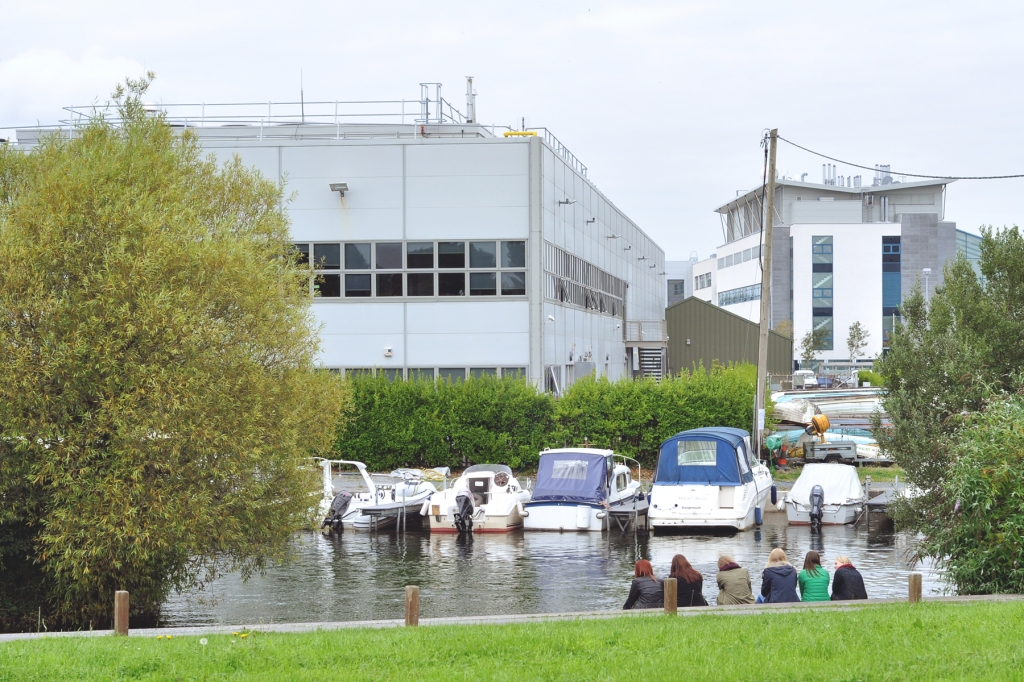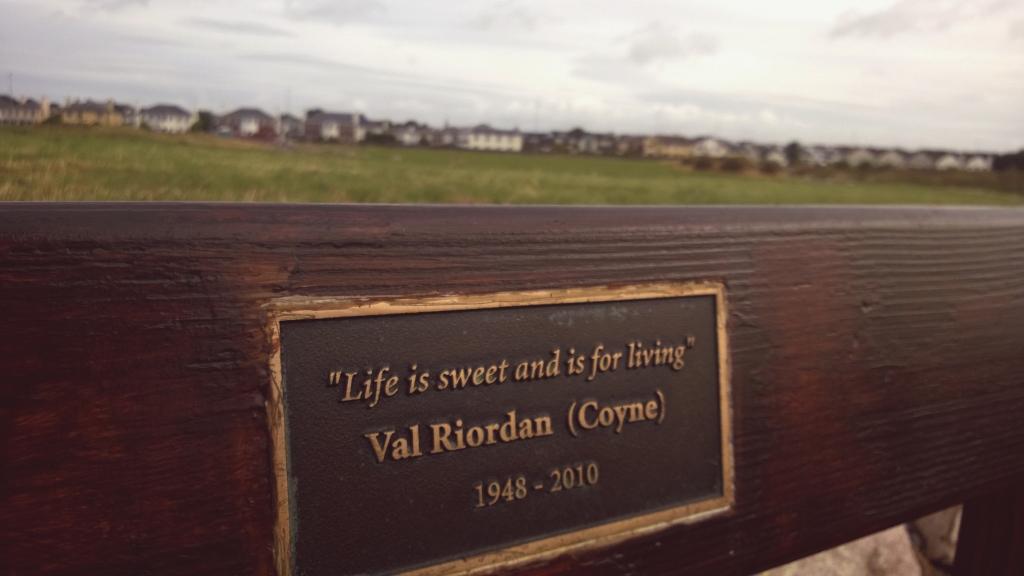Or how I plan on bankrolling my time abroad.
I want to focus a bit more on those who, like me, do not fit into the bureaucratically prescribed categories. Those who fall between the small, yet very much existing, cracks & end up being let down by the ‘generosity’ of certain financial aid institutions. One again, I will draw on my experience and expectations. I come from Bulgaria, an EU member, but I have a B.A. and continue to reside and study in Germany. I have been nominated for an Erasmus place at the National University of Ireland, Galway. If all goes well, I should move to Galway at the end of August and this is where I expect my financial struggles to intensify.
The Erasmus initiative, which was this year renamed to Erasmus+ ( #erasmusplus ) and has thus increased its effect on those who judge programs on how positive their names sound, offers a small grant, which can be literally translated to ‘mobility aid’. They are, metaphorically speaking, allowing us, the financially disabled, to move. Be that as it may, ain’t nobody can survive on the amount they’ll transfer. Now, I won’t know until after I go to Ireland, but the Erasmus coordinator has already managed to dramatically lower my expectations. And so, off I go on a hunt for scholarships, grants, more financial aid, whatever I manage to get my hands on will have to do. ( here I would like to mention that I am very happy about the existence of a program such as Erasmus+. It allows me to spend a few semesters pretending I had the money to afford studying in Ireland. Tuition fees are for suckers. Am I right? :D Please, don’t take everything I say literally or you’ll end up thinking I hate everyone and everything. Glad that we cleared that up.)
If you are or have ever been a resident of Germany, you will probably have heard of (Auslands)Bafög. Basically, you go through a very complicated process of filling out a myriad of documents (the wet dream of every Volgon), you send them to the institution (for Auslandsbafög for those who travel to Ireland the Studentenwerk responsible is the one in Hanover) and hope you are eligible to get roughly 600-700€ a month. Once you have graduated, taken a few years off to travel the world and then settled down with a boring old office job in Chemnitz, you can start paying off your ‘loan’ to the state. It is a loan in the real meaning of the world, not as banks tend to abuse it nowadays – you need not pay any interest + the state is really into young people and only charges them for 50% of what they’ve taken. Basically, Germany is your grandma. No, wait, scratch that. Your grandma would not want you to pay anything back. Jeez, Germany, try being more like our awesome grandmas, will ya?
Before I get too off topic, I have only 2 more things to say – Auslandsbafög can be awarded to German citizens who do not receive the normal kind of homefield-Bafög. Also to those who do. If you are from the EU then you also have a chance, but you need to have spent quite some time in the country. I have been here for three and a half years and it was not enough. I need to spend 3 more. So, it is safe to say that by the time an EU foreigner is allowed Bafög he’ll also be eligible to apply for German citizenship. Needless to say, I was denied Auslandsbafög. Now what?
I have commenced a research mission – go through as many scholarship listing websites and find those you are eligible for. Then, apply! I have my eyes set on two so far:
1. Deutschlandstipendium – It is only for those who are enrolled in German high education institutions. They offer it every year and it seems as though the competitions is tough but also there are many scholarships to be given. So, I am still unsure about what my chances are. You need to write a motivation letter in German, so I shouldn’t be too optimistic. I will, however, apply this year. This is a link to the guys of Deutschlandstipendium. However, every participating university should have more information on their websites as well. Applications can be handed in July and the results come in roughly 2 months later.
- DAAD scholarships – those are definitely worth checking out. -> DAAD website
On the surface, a myriad of scholarship opportunities, but if you look into it, you might just find you have, yet again, fallen between the cracks.
I try (evidently not hard enough) to not sound cynical. However, my experience has made me a cynical person where money is concerned.
Look forward to your study abroad program, no matter how expensive it may appear to be. Just keep looking into different scholarship opportunities, some financial aid, extra work here and there to save up some money for the time abroad. Whatever you do, try not to picture yourself having all the money those offers promise. Money is fickle. It comes and goes. Your time spent abroad, now that will always stay with you. Perhaps, a little more struggle can do us some good.
– – –
This post has taken me weeks to write. I am sorry if it is a complete mess. So are my thoughts on the issue of money & bureaucracy. Falling through the cracks is a major let down, so, if possible, always try to get as much information (call, write mails to the organizations who offer said stipends) as possible, before you get your hopes up.










